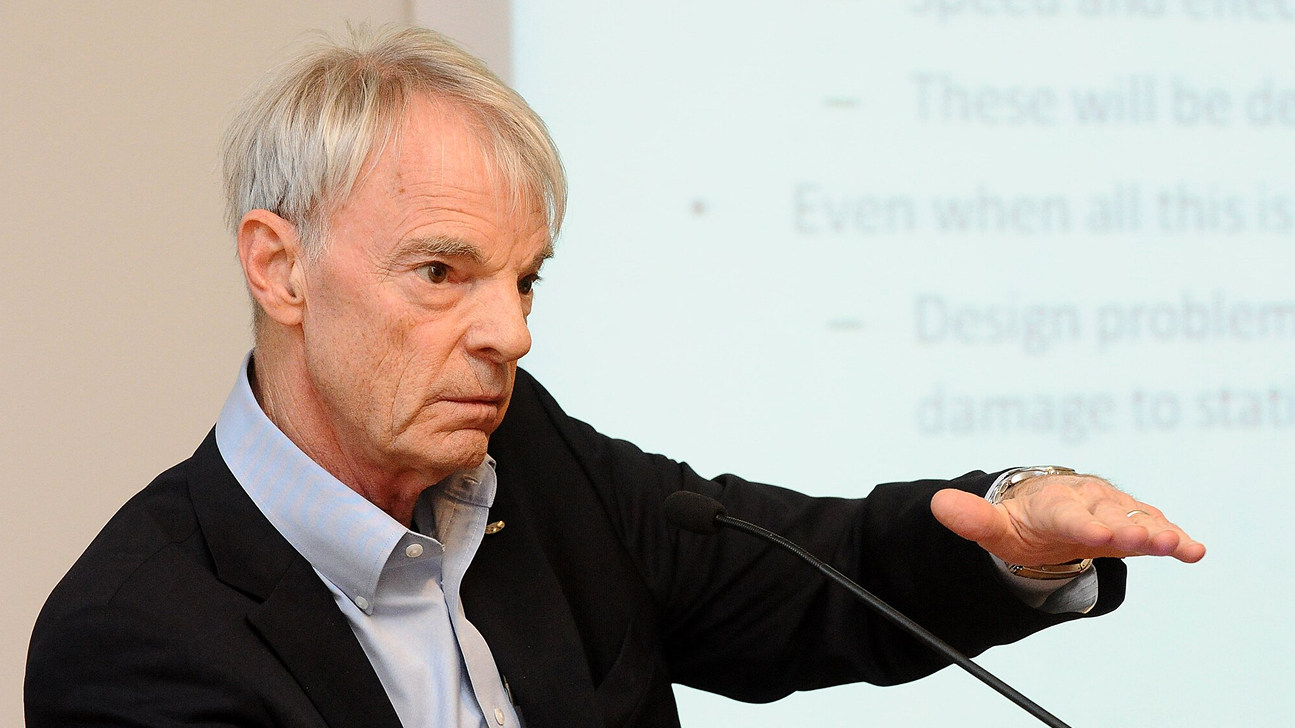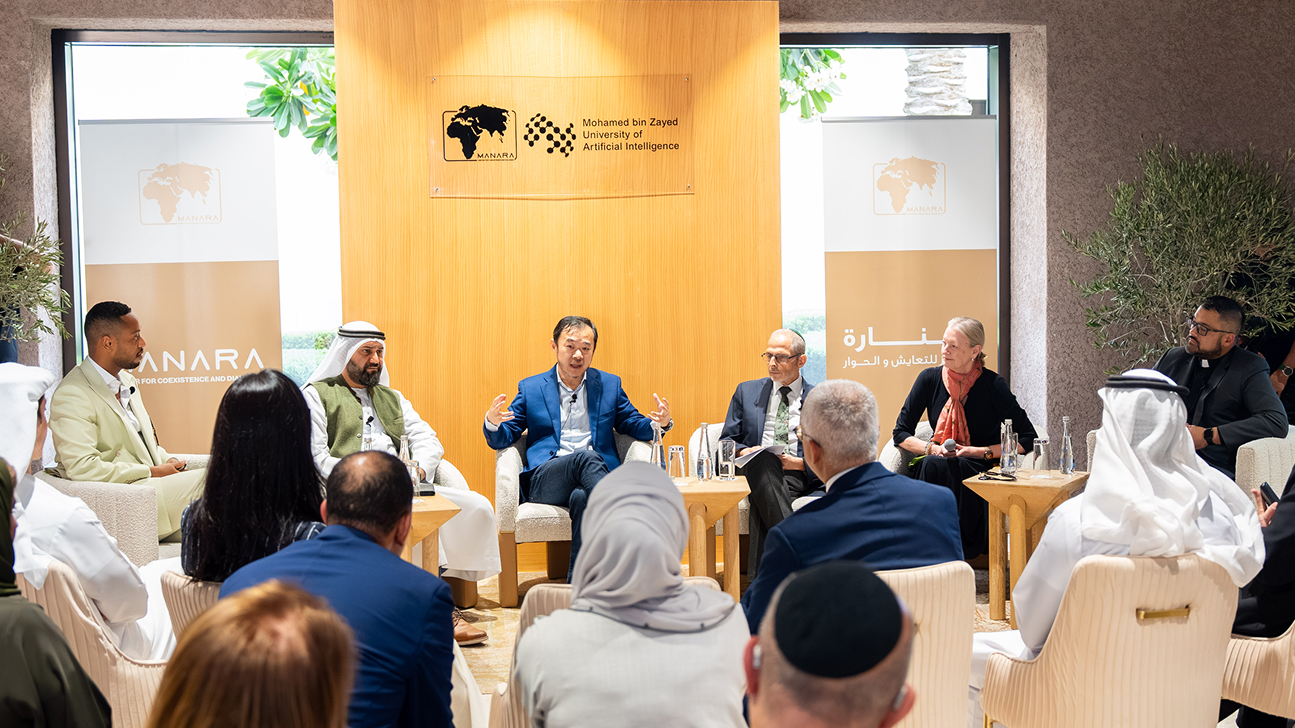Unlocking Decentralized AI and Vision: Overcoming Incentive Barriers, Orchestration Challenges, and Data Silos
Monday, August 26, 2024
The current AI paradigm is highly centralized and struggles in domains where data and knowledge are distributed across organizations and geographies. This talk advocates for a self-organized approach to building and deploying AI in decentralized contexts, such as multi-sided ecosystems in healthcare, scientific discovery, and logistics. We identify five key technical challenges that must be addressed to unlock the potential of AI in these areas: (1) privacy, (2) verifiability, (3) incentives, (4) orchestration, and (5) crowdUX.
To effectively support Decentralized AI, five critical components must be integrated into the Web3 framework:
Privacy-tech (beyond pseudo-anonymity) to overcome data silos.
Distributed verifiable AI (beyond distributed ledgers) to harness invisible data.
Data markets (beyond game theory and speculation) to incentivize and facilitate data sharing.
Orchestration (beyond consensus protocols in distributed computing) to coordinate AI agents.
CrowdX: Crowd experience (beyond exchanges) to enable societal discovery and recommendations.
By addressing these challenges, we can empower distrusted, disincentivized, and disinterested entities to collectively solve global challenges while pursuing local goals. This talk aims to stimulate discussion and research toward a more decentralized, participatory, and resilient future for AI.
See more at https://www.media.mit.edu/projects/decentralized-ai/overview/
and https://www.media.mit.edu/publications/decai-perspective/
Post Talk Link: Click Here
Passcode: 9n?d.ZbF
Speaker/s
Ramesh Raskar is an Associate Director and Associate Professor at MIT Media Lab. He directs the MIT Program on Decentralized AI. He is a founding partner at C10Labs, a Cambridge based AI venture studio. His focus is on AI and Imaging for health and sustainability. They span research in physical (e.g., sensors, health-tech), digital (e.g., automated and privacy aware machine learning) and global (e.g., geomaps, autonomous mobility) domains. He received the Lemelson Award (2016), ACM SIGGRAPH Achievement Award (2017), DARPA Young Faculty Award (2009), Alfred P. Sloan Research Fellowship (2009) and TR100 Award from MIT Technology Review (2004). He has worked on special research projects at Google [X], Facebook, Apple and co-founded/advised several companies. https://www.media.mit.edu/people/raskar/overview/
https://www.linkedin.com/in/raskar/
Related
Nobel Laureate Michael Spence on how AI is redefining the global economy
Nobel Prize-winning economist Michael Spence explains how AI is reshaping the economic landscape and what is needed.....
- digital policy ,
- governance ,
- Nobel Prize ,
- guest talk ,
- guest lecture ,
- economics ,
- Economy ,
- Undergraduate ,
Understanding faith in the age of AI
MBZUAI hosted a panel discussion in collaboration with the Manara Center for Coexistence and Dialogue focused on.....
- connection ,
- discussion ,
- religion ,
- spirituality ,
- faith ,
- conversation ,
- panel ,
- Human–computer interaction ,

